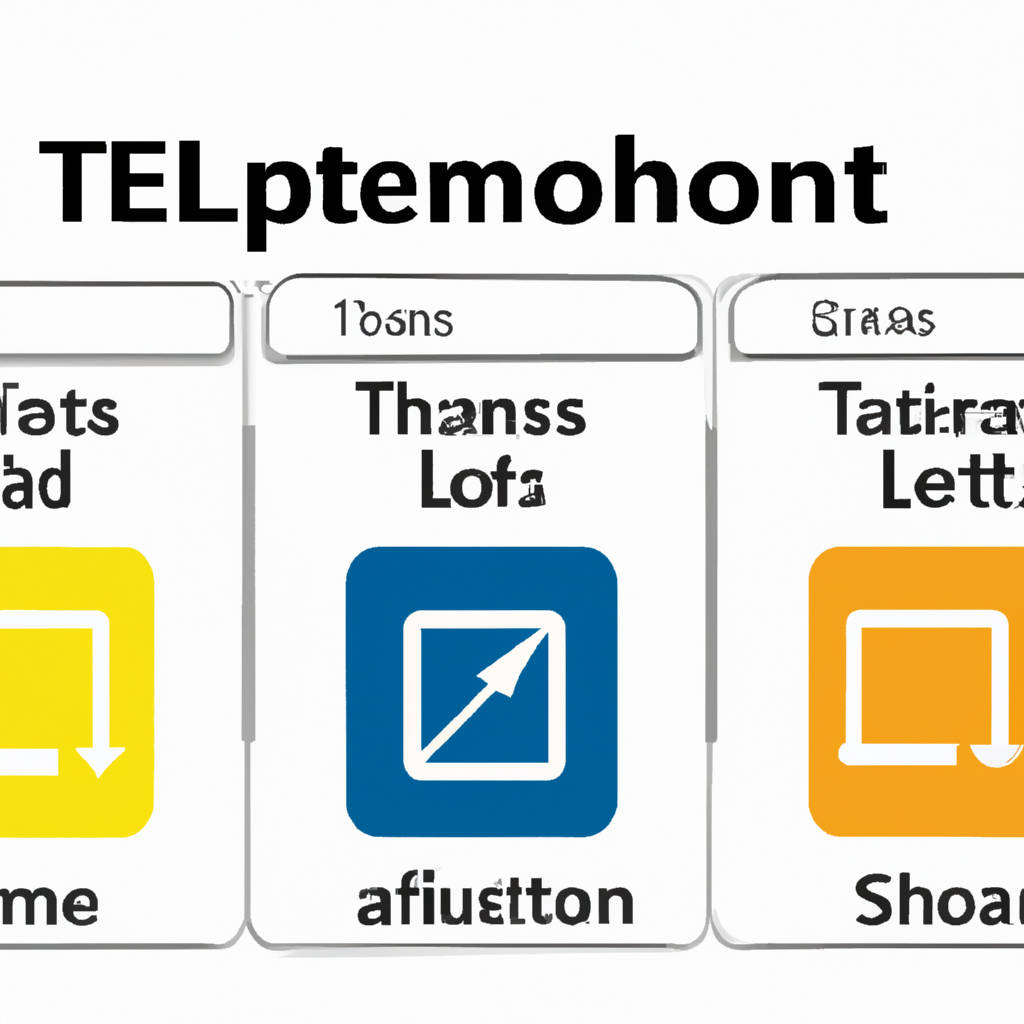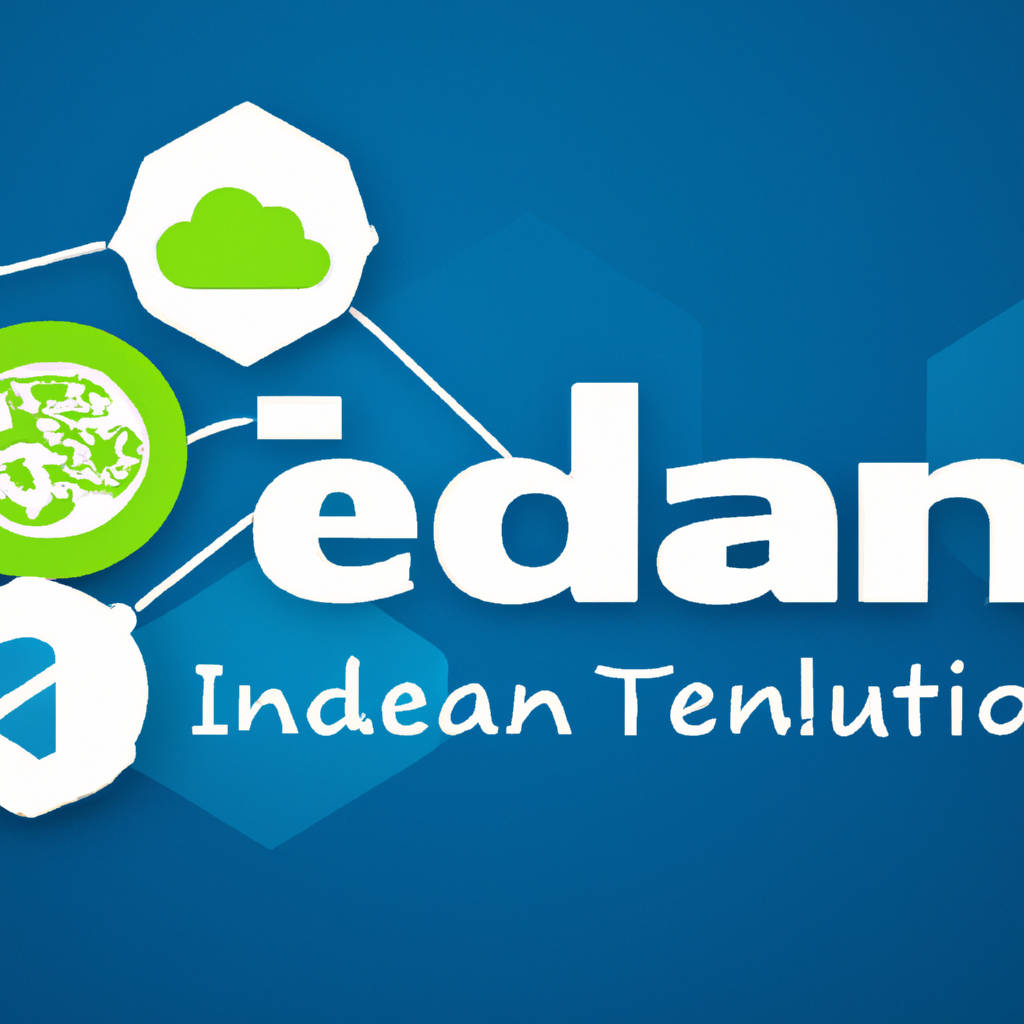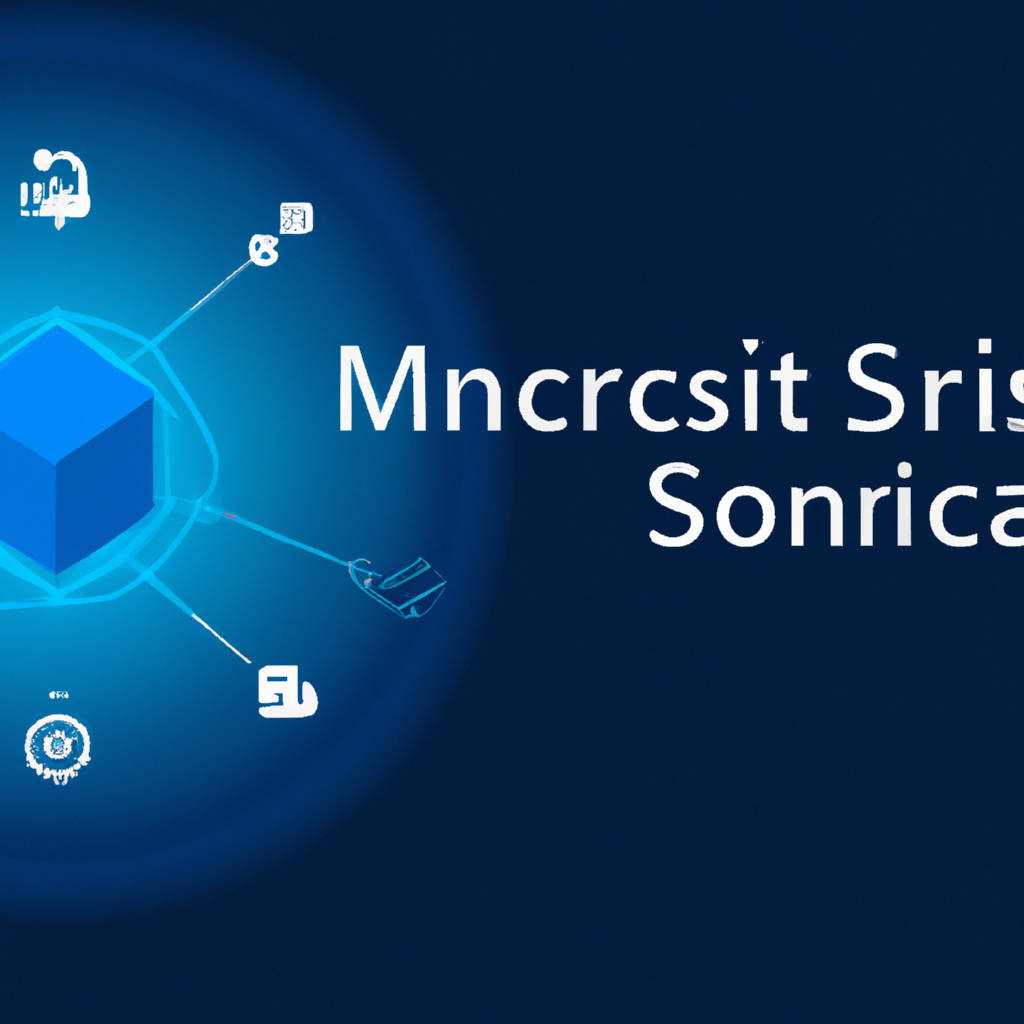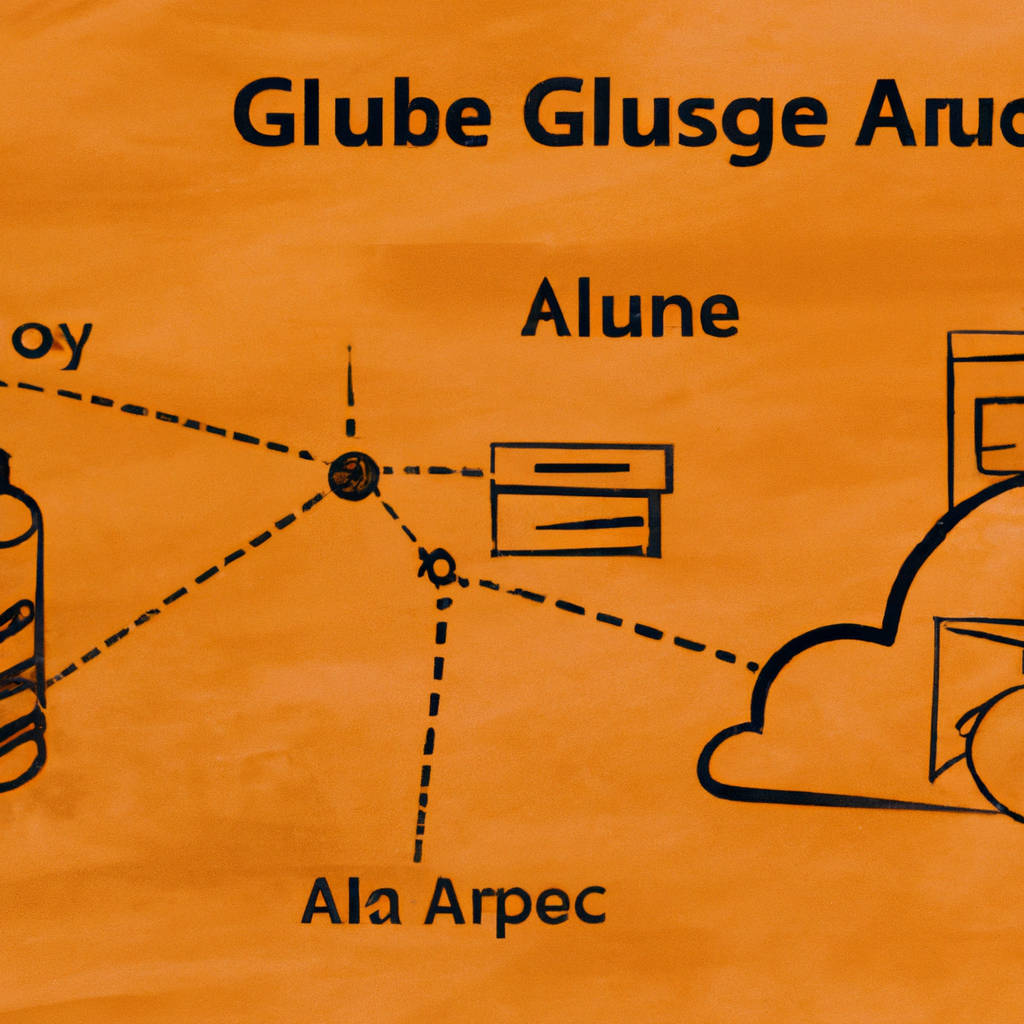When it comes to choosing the best ETL tool for your data integration needs, there are several factors to consider. First and foremost, you should assess your organization’s specific requirements and goals in order to determine which features and functionalities are most important to you. Some key considerations to keep in mind include the tool’s scalability, performance, ease of use, and compatibility with your existing systems.
Additionally, you’ll want to evaluate the tool’s support for various data sources and formats, as well as its ability to handle complex transformations and data cleansing tasks. It’s also important to consider the tool’s cost and licensing model, as well as the level of technical expertise required to use it effectively. Ultimately, the best ETL tool for your organization will be one that meets your unique needs and enables you to efficiently extract, transform, and load your data for analysis and decision-making purposes.

Apache NiFi: Ideal for data routing, transformation, and system mediation
Apache NiFi is a powerful open-source data integration tool that is perfect for managing, routing, and transforming data in a wide variety of scenarios. Whether you need to move data between systems, enrich it with additional information, or process it in real-time, NiFi offers a flexible and scalable solution. One of NiFi’s key strengths is its ability to act as a mediator between different systems, allowing data to flow seamlessly between them without the need for complex custom code. This makes it ideal for organizations that need to integrate multiple data sources or legacy systems quickly and efficiently. NiFi also provides a user-friendly interface that allows users to visually design data flows, making it easy to understand and maintain even for non-technical users.
In addition to its data routing capabilities, NiFi also offers a wide range of transformation functions that can be applied to data as it moves through the system. This includes tasks such as data validation, normalization, and enrichment, allowing users to clean and prepare their data for analysis or storage. NiFi’s powerful expression language and extensive library of processors make it easy to create complex data transformation pipelines without the need for custom coding. This flexibility makes it an ideal tool for organizations that need to process data in a variety of formats or structures.
Overall, Apache NiFi is a versatile and powerful tool that is well-suited for a wide range of data integration and processing tasks. Its ability to route, transform, and mediate data makes it an ideal choice for organizations that need to move data between systems, enrich it with additional information, or process it in real-time. With its user-friendly interface and extensive library of processors, NiFi offers a flexible and scalable solution for managing data in a variety of scenarios. Whether you are a data engineer, analyst, or business user, NiFi can help you streamline your data workflows and make better use of your organization’s data assets.
Talend: Offers a comprehensive suite for data integration, supporting both open-source and enterprise versions
Talend is a leading provider of data integration solutions, offering a comprehensive suite that supports both open-source and enterprise versions. With Talend, organizations can seamlessly integrate and manage their data across a variety of platforms, ensuring that information flows smoothly and accurately throughout the business. This powerful tool allows users to easily connect to and extract data from a wide range of sources, transform it as needed, and load it into the desired destination. By streamlining the data integration process, Talend helps companies increase productivity, reduce costs, and make more informed decisions based on reliable, up-to-date information.
One of the key features of Talend is its flexibility and scalability, making it suitable for organizations of all sizes and industries. Whether you are a small startup or a large enterprise, Talend can be customized to meet your specific data integration needs. With its user-friendly interface and drag-and-drop functionality, even non-technical users can quickly learn how to use the platform effectively. Additionally, Talend offers a wide range of connectors and pre-built components, making it easy to connect to popular databases, cloud services, and applications. This allows users to quickly set up data pipelines and automate repetitive tasks, saving time and effort.
In addition to its technical capabilities, Talend also provides robust security features to ensure that sensitive data is protected at all times. With built-in encryption, access controls, and auditing capabilities, users can rest assured that their information is safe from unauthorized access or breaches. Furthermore, Talend offers comprehensive support and training resources to help users get the most out of the platform and troubleshoot any issues that may arise. Overall, Talend is a valuable tool for any organization looking to streamline their data integration processes and make better use of their information assets.

Informatica PowerCenter: Known for its strong data integration capabilities and enterprise-grade features
Informatica PowerCenter is a widely used data integration tool known for its robust capabilities and enterprise-grade features. With its intuitive interface and powerful functionality, PowerCenter allows organizations to easily integrate data from various sources, transform it into meaningful insights, and deliver it to the right stakeholders at the right time. Its strong data integration capabilities enable businesses to streamline their data management processes, reduce operational costs, and improve decision-making.
PowerCenter supports a wide range of data formats, including structured, semi-structured, and unstructured data, making it a versatile solution for organizations with diverse data requirements. Additionally, PowerCenter offers advanced data quality and governance features, ensuring that data is accurate, consistent, and secure throughout the entire integration process. Overall, Informatica PowerCenter is a trusted tool for businesses looking to effectively manage their data and drive better business outcomes.
Microsoft SSIS (SQL Server Integration Services): Widely used in Microsoft-centric environments for data migration and transformation
Microsoft SSIS, or SQL Server Integration Services, is a powerful tool widely used in Microsoft-centric environments for data migration and transformation. With SSIS, users can easily move and transform data between different sources, such as databases, flat files, and cloud services. This makes it an essential tool for organizations looking to streamline their data integration processes and ensure data consistency across different systems. SSIS offers a wide range of features, including support for complex data transformations, data cleansing, and error handling. Additionally, it provides a user-friendly interface that allows users to easily design, deploy, and manage data integration workflows without the need for extensive coding knowledge.
One of the key benefits of using Microsoft SSIS is its seamless integration with other Microsoft products, such as SQL Server and Azure services. This allows organizations to leverage their existing Microsoft infrastructure and tools to build robust data integration solutions that meet their specific needs. Furthermore, SSIS offers a high level of scalability and performance, making it suitable for handling large volumes of data in real-time or batch processing scenarios. This scalability and performance are essential for organizations dealing with massive amounts of data that need to be processed quickly and efficiently.
Another advantage of using Microsoft SSIS is its extensive library of pre-built components and tasks that can be easily customized and extended to suit specific requirements. This allows users to quickly build complex data integration workflows without having to start from scratch, saving time and effort. Additionally, SSIS provides comprehensive monitoring and logging capabilities, allowing users to track the progress of data integration processes and troubleshoot any issues that may arise.
In conclusion, Microsoft SSIS is a versatile and powerful tool that plays a crucial role in data integration and transformation in Microsoft-centric environments. Its ease of use, scalability, performance, and integration capabilities make it a valuable asset for organizations looking to streamline their data integration processes and ensure data consistency across different systems.

Apache Spark: A powerful framework that includes Spark SQL and Spark Streaming for processing large-scale data
Apache Spark is a cutting-edge framework that has revolutionized the way large-scale data is processed. With its powerful tools like Spark SQL and Spark Streaming, it has become the go-to choice for organizations dealing with massive amounts of data. Spark SQL allows users to query data using SQL syntax, making it easier for data analysts and engineers to work with structured data. On the other hand, Spark Streaming enables real-time processing of data streams, making it ideal for applications that require immediate feedback and response. This combination of capabilities has made Apache Spark a versatile and efficient solution for a wide range of data processing tasks.
One of the key advantages of Apache Spark is its ability to handle data processing tasks at scale. By leveraging distributed computing techniques, Spark can process large volumes of data quickly and efficiently. This scalability is particularly important for organizations dealing with big data, as it allows them to process and analyze massive datasets without experiencing performance bottlenecks. Additionally, Spark’s in-memory processing capabilities further enhance its speed and efficiency, enabling users to perform complex analytics in real-time.
Another important feature of Apache Spark is its fault tolerance. In distributed computing environments, system failures are not uncommon, and data processing tasks can be interrupted at any time. Spark’s resilient distributed dataset (RDD) abstraction allows it to recover from failures gracefully, ensuring that data processing tasks are completed successfully even in the face of system failures. This fault tolerance is crucial for ensuring the reliability and consistency of data processing tasks, especially when dealing with large-scale datasets.
In conclusion, Apache Spark is a powerful framework that offers a comprehensive set of tools for processing large-scale data. With its capabilities in Spark SQL and Spark Streaming, it has become a popular choice for organizations looking to analyze and process big data. Its scalability, in-memory processing, and fault tolerance features make it a versatile and efficient solution for a wide range of data processing tasks. With Apache Spark, organizations can unlock the full potential of their data and gain valuable insights to drive business decisions and innovation.
AWS Glue: A fully managed ETL service provided by Amazon Web Services, integrating seamlessly with other AWS services
AWS Glue is a comprehensive ETL service offered by Amazon Web Services, designed to make data integration and transformation processes easier and more efficient for businesses. As a fully managed service, AWS Glue takes care of the heavy lifting involved in extracting, transforming, and loading data from various sources into data lakes or warehouses. This allows businesses to focus on analyzing and deriving insights from their data, rather than worrying about the technical complexities of data integration.
One of the key advantages of AWS Glue is its seamless integration with other AWS services, such as S3, Redshift, and Athena, making it easy to orchestrate data workflows across different platforms. By leveraging AWS Glue, businesses can streamline their data processing pipelines, automate repetitive tasks, and accelerate time-to-insight. Additionally, AWS Glue offers a serverless architecture, which means that users can scale their data processing workloads up or down based on demand, without having to manage infrastructure.
This flexibility and scalability make AWS Glue a cost-effective solution for businesses of all sizes. Overall, AWS Glue simplifies the ETL process, enabling businesses to make better use of their data and drive informed decision-making. With its robust features and seamless integration with other AWS services, AWS Glue is a valuable tool for businesses looking to optimize their data workflows and unlock the full potential of their data assets.

Conclusion
In conclusion, it is important to consider the impact of our actions on others and on society as a whole. It is crucial to reflect on the consequences of our decisions and to strive to make choices that are ethical and just. By being mindful of the effects of our behavior, we can contribute to creating a more harmonious and compassionate world. It is also essential to recognize that our actions have the power to shape the world around us, and that we have a responsibility to use that power wisely.
Ultimately, by making thoughtful and considerate choices, we can work towards building a more inclusive and equitable society for all. It is through our collective efforts that we can create a better future for ourselves and for future generations. By being mindful of our impact on others and by striving to act with integrity and compassion, we can work towards a world that is more just and equitable for all.